Since this post was originally published, the Edupreneur Support Program (ESP) has transitioned to Stand Together and is now operated as the Stand Together Edupreneur Resource Center. Learn more at https://support.standtogethererc.org.
—
Traditionally, families looking for unconventional learning opportunities for their kids have been drawn to homeschooling, but the recent national explosion of unconventional learning environments (ULEs) marks a significant shift in educational paradigms, opening a new frontier of personalized learning experiences for children at a scale never seen before. As an educational entrepreneur (“edupreneur”), you’re at the forefront of this transformation.
While there are many decisions you will have to make, choosing the right legal structure for your ULE is an important early one because the structure you choose affects how you run your environment, how it is taxed, liability protections and more.
There is an array of business formation options available to edupreneurs including corporations, limited liability companies, nonprofits, partnerships, sole proprietorships, and more – each with unique implications.
Nonprofit tax-exempt status, for instance, can work well for entities dedicated to educational purposes. Being a nonprofit offers benefits like tax exemptions and eligibility for grants. A nonprofit can use the services of volunteers more easily whereas for profit entities may not use volunteer labor. Nonprofit status can exist at both the state and federal levels independently.
The choice of whether to file for federal nonprofit tax-exempt status or to only operate as a state nonprofit requires some research too! No matter what, understanding the nuances of each structure is crucial to making the best decision. Your state’s Secretary of State and resources from the U.S. Small Business Administration and Internal Revenue Service (IRS) are usually invaluable in this regard.
A key consideration in choosing among the various legal structures is protection against personal liability. Protecting your personal assets is often an important consideration for entrepreneurs. But keep in mind, forming your ULE is just the beginning. Navigating the complexities of tax laws and ensuring compliance with state and federal regulations is an ongoing process.
If you or someone you know is starting or building an unconventional learning environment and facing this question, contact Yes Foundation’s legal team to submit a request for free, personalized support today.
